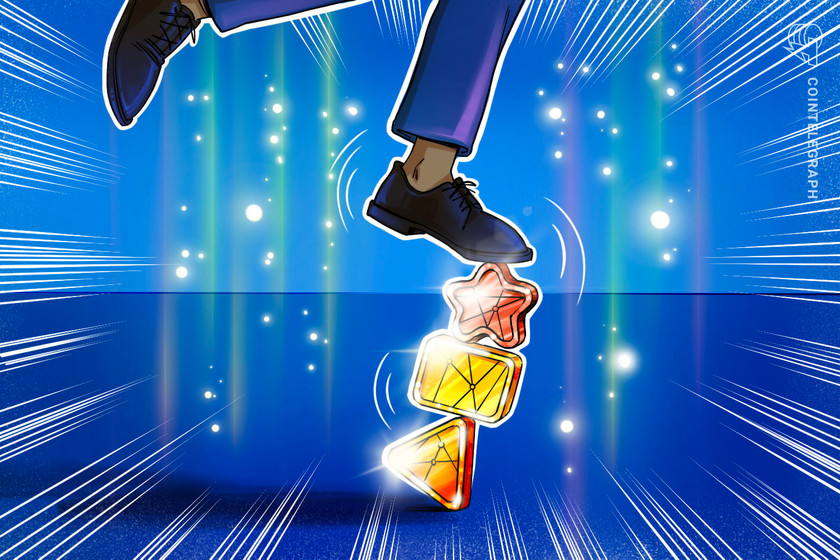Back on track: Kraken inks F1 crypto sponsorship deal with Williams Racing


Kraken has inked a partnership deal with Williams Racing marking the first major return to F1 for crypto this year.
Formula 1 teams could be warming to crypto advertising again despite a crypto sponsorship exodus in the wake of last year’s high-profile meltdowns.
On March 28, American crypto exchange Kraken announced that it was partnering with the Williams Racing F1 team in a new sponsorship and Web3 deal. The move marks the first major crypto company to ink a new deal in Formula 1 racing this year.
The deal will not only involve Kraken branding emblazoned on the Willams race cars, but branded team merchandise and nonfungible tokens (NFTs) for team fans to collect.
The rear wing of the car will also showcase KrakenNFT customer-owned digital collectibles artwork from leading third-party NFT projects at select races.
Williams Racing commercial director James Bower said, “We’re excited to get the partnership underway to offer our fans cutting-edge crypto and Web3 experiences, while also enabling Kraken to reach new institutional clients and businesses through our network and events.”
Today we’re thrilled to announce Kraken as an official partner of @WilliamsRacing!
Together we’re accelerating the crypto revolution on and off the grid
More info: https://t.co/ASxKLrBlFo pic.twitter.com/5RfIdkZKbZ
— Kraken Exchange (@krakenfx) March 28, 2023
Several Formula 1 racing teams quickly dropped their crypto sponsorship deals when things started to melt in late 2022. In mid-November, the Mercedes F1 team suspended a partnership agreement worth an estimated $27 million with the embattled FTX exchange.
Furthermore, Ferrari abruptly ended a long-term arrangement with the Swiss blockchain organization Velas in January. Alfa Romeo dropped its sponsor, Vauld, following troubles at the crypto lender last year.
In September, Singapore put the brakes on crypto advertising around the track but allowed it to remain on the cars. Other countries including France also placed restrictions on trackside crypto commercials last year forcing some teams to remove them.
Related: Merch and perfume: Formula One trademark filing paves the way for F1 NFTs
However, some sponsorship deals have remained. The Aston Martin team has retained its crypto sponsors, Crypto.com and Socios. Binance remains the partner of the Alpine team and OKX and Tezos are still with McLaren Racing, according to reports earlier this month.
Meanwhile, the Red Bull racing team has retained its crypto sponsor Bybit and OpenSea is still with Haas.


Kraken’s deal with Williams Racing could be the beginning of a return to racing and sports for crypto companies in 2023 as markets recover.








